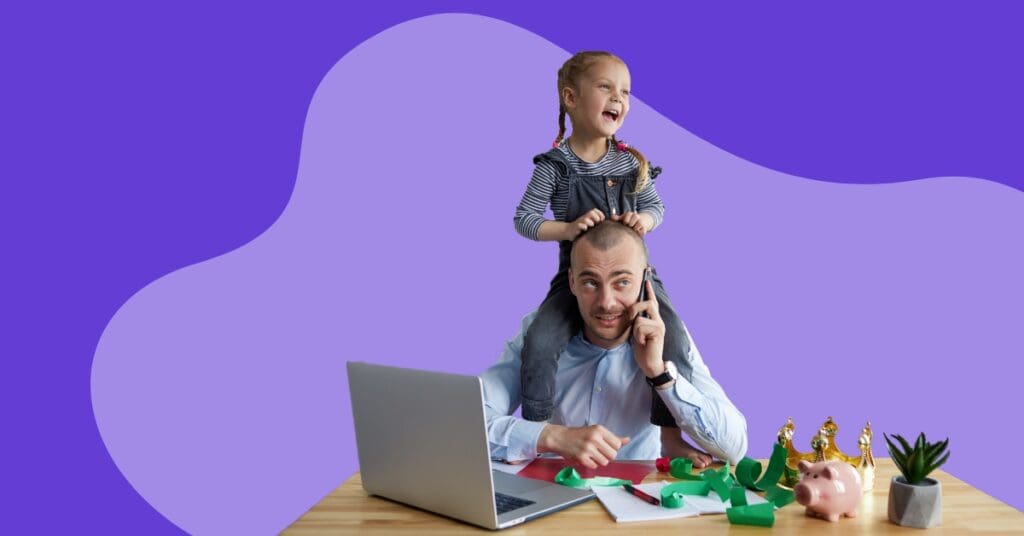Since the beginning of the COVID-19 pandemic, many businesses have adopted telework models that allow employees to work remotely. This online work model allowed many companies to continue to operate while following social distancing guidelines. However, many studies conducted over the last two years report a massive rise in emotional distress among employees due to this remote working schedule. In this post, we will discuss the downside of remote working and how to manage it effectively.

Emotional distress due to the pandemic
While successful for many, this telework model was challenging for some employees. According to Statista, 53.8% of workers reported feeling more emotionally exhausted in 2020 due to their at-home work schedule.
A CDC report reveals that more than 40% of adult Americans reported symptoms of anxiety and depression at the end of 2020. These findings coincide with reports of how pandemic stress and anxiety have led to increased mental health disorders worldwide.
American Psychiatric Association’s Worrisome Findings
The American Psychiatric Association warned about the adverse effects of teleworking. They found that teleworking makes it difficult for employees to disengage from work and relax at home.
Remote working can also increase feelings of isolation and depression. In fact, 50.2% of workers now feel more irritable, with others reporting increases in insomnia, anger, confusion, and guilt.
Why Does Remote Working Affect Mental Health?
Remote working can cause people to feel isolated. Loneliness often leads to depression and other mental health issues. Be aware of significant changes in your team members’ personalities or work deliverables, which could be a sign of their struggle. Routine check-ins with your team will help you learn more about your employees’ emotional state and work commitments.
How Can Employers Help
It’s up to employers to ensure their employees disconnect and disengage from working extra hours at home. Just because an employee is working from home doesn’t mean they have to take on additional workloads.
Continue to prioritize your employee’s mental health and encourage them to use their paid time off to recharge. This can help prevent burnout and help employees relax and enjoy the benefits of teleworking rather than the negative aspects.

With a career focused on digital marketing, Chitra is a specialized SEO-Content marketer. After moving from biotechnology to business operations and marketing, Chitra started her digital marketing career as a freelance content developer and technical writer. With Axiom, as a content marketing & SEO specialist, she is passionate about creating informative marketing copies for optimum search engine performance.
Find out more about our Tempo Live Behavioral Health and Injury Case Management services.










